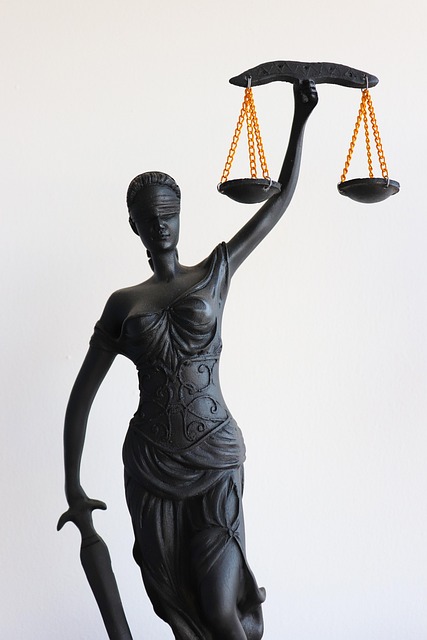Whistleblowers play a vital role in exposing criminal activities and corruption, often providing critical evidence that might otherwise go unnoticed. Their testimony can lead to significant justice outcomes, but understanding jury biases is crucial. In particular, jurors may unconsciously favor powerful individuals or institutions, potentially affecting their perception of whistleblower claims. Effective legal representation for whistleblowers requires strategies that address these biases, ensuring fair treatment and maintaining the integrity of the justice system when confronting corporate malfeasance or government corruption.
“Uncovering criminal activities often relies on brave individuals who act as whistleblowers, risking their careers and safety to expose wrongdoings. This article delves into the critical role of whistleblowers in society, exploring their protections under the law. We analyze global whistleblower protection laws, highlighting key provisions like anonymity and immunity. Furthermore, we dissect potential jury biases in these lawsuits, offering strategies to ensure fairness and examine successful cases that have strengthened whistleblower rights, ultimately fostering a more just criminal justice system.”
- The Role of Whistleblowers in Exposing Criminal Activity
- – Defining whistleblowers and their contribution to justice
- – Types of criminal cases where whistleblower protection is crucial
The Role of Whistleblowers in Exposing Criminal Activity
Whistleblowers play a pivotal role in uncovering criminal activities that may otherwise remain hidden. They are individuals who come forward with information about illegal or unethical practices within an organization, often at great personal risk. By exposing these activities, whistleblowers contribute to the maintenance of justice and fairness in society. In high-stakes cases involving white collar and economic crimes, their actions can lead to the complete dismissal of all charges by providing crucial evidence that might otherwise be inaccessible to law enforcement.
Understanding jury biases in criminal cases is essential when considering the impact of whistleblowers. Juries, as the decision-makers in trials, may bring preconceived notions or biases that could influence their perception of whistleblower testimony. However, the role of these individuals in bringing light to dark corners cannot be understated. Their disclosures are instrumental in ensuring accountability and deterring future criminal conduct, making them vital assets in the fight against corruption and illegal activities.
– Defining whistleblowers and their contribution to justice
Whistleblowers play a pivotal role in upholding justice by exposing illegal or unethical activities within organizations, governments, or institutions. They are individuals who come forward with information that may reveal wrongdoings, ranging from corporate fraud and corruption to public health and safety hazards, environmental crimes, and government abuse of power. This act of courage often involves significant risks, as whistleblowers may face retaliation, loss of employment, and even personal harm.
Understanding jury biases in criminal cases is crucial when considering the impact of whistleblower protection lawsuits. In many instances, whistleblowers possess an unprecedented track record of providing insights into intricate matters that were previously unknown to authorities. This unique perspective offers a different lens through which to view criminal investigations, potentially challenging established narratives and exposing deeper truths. As such, effective representation in legal proceedings requires a general criminal defense strategy that accounts for the complexities of both the whistleblower’s experience and any potential biases within the justice system. Throughout all stages of the investigative and enforcement process, ensuring fair treatment for whistleblowers is essential to maintaining the integrity of the legal process and upholding the principles of justice.
– Types of criminal cases where whistleblower protection is crucial
In many high-stakes cases involving corporate malfeasance or government corruption, whistleblower protection is paramount. When individuals come forward with information exposing criminal activities, they often face significant personal risks and potential backlash from powerful entities within respective business and political communities. Understanding jury biases in criminal cases is crucial here, as these biases can either strengthen or undermine the credibility of a whistleblower’s testimony.
For instance, jurors may subconsciously favor the accused due to a perceived connection to powerful institutions or individuals, leading to a tendency to disbelieve the whistleblower’s claims. This phenomenon highlights the need for robust legal protections for whistleblowers, ensuring they can come forward without fear of retribution and have their stories heard fairly by impartial juries. Such protections are vital in fostering a culture of accountability within both the philanthropic and political spheres.
Whistleblower Protection Lawsuits play a vital role in upholding justice by safeguarding individuals who expose criminal activities. By understanding jury biases and their potential impact on whistleblower cases, we can ensure fair trials and encourage more people to come forward with crucial information. Recognizing the significant contribution of whistleblowers and implementing robust protection measures are essential steps towards creating a more transparent and accountable society.






